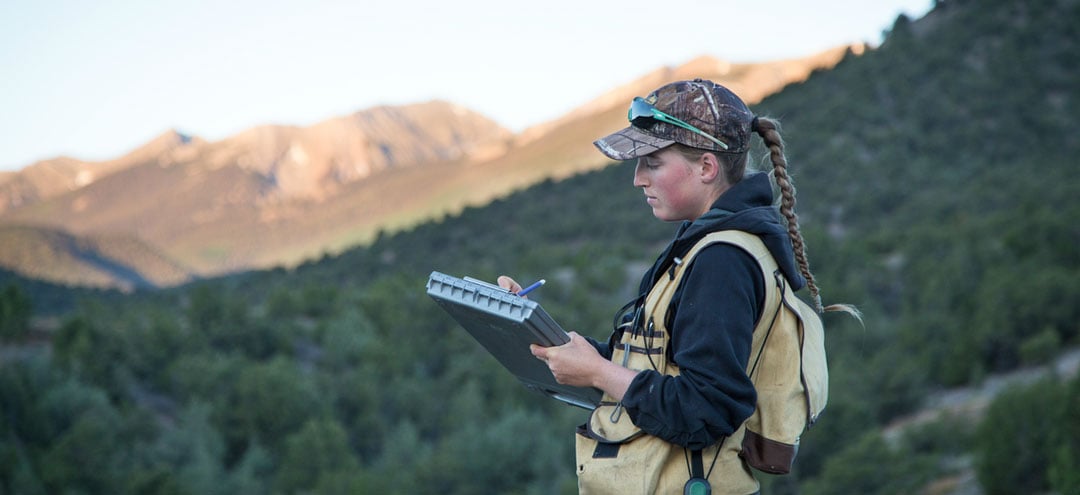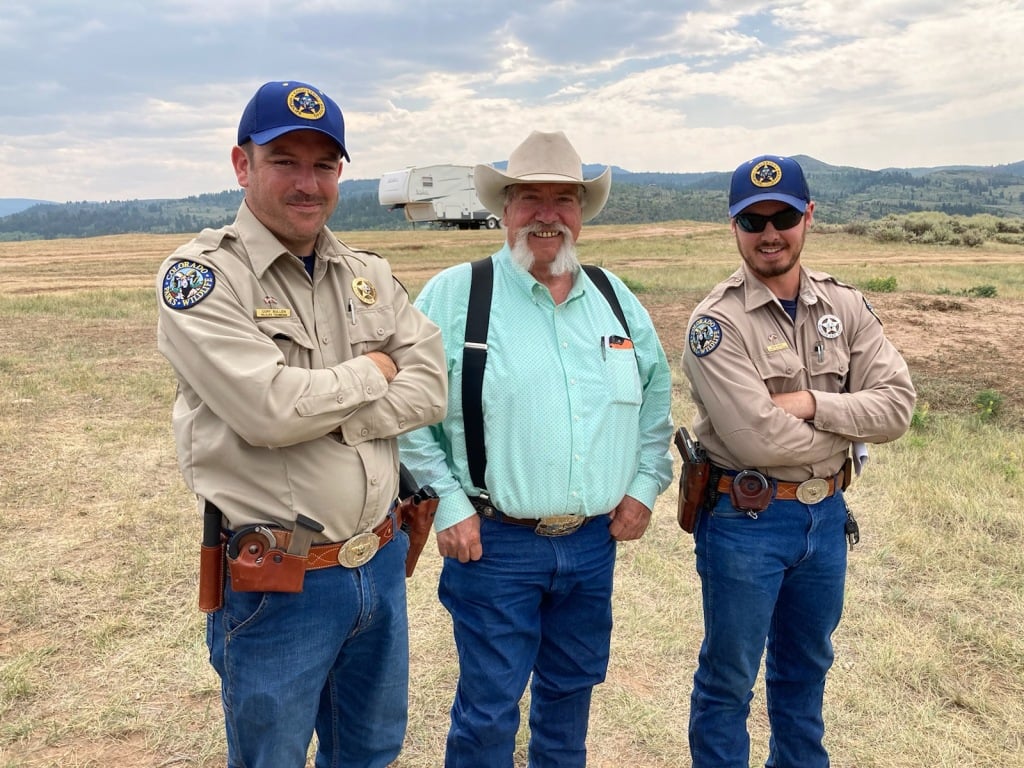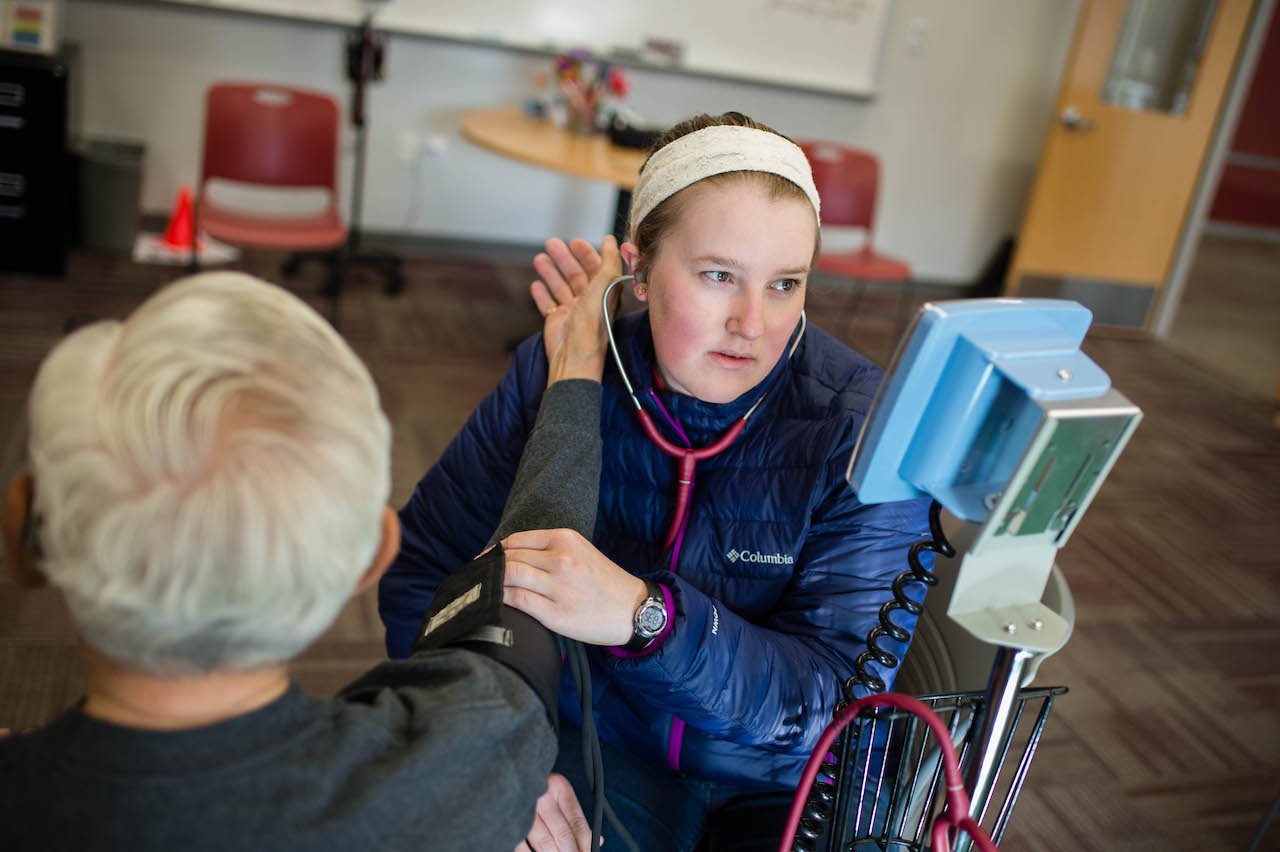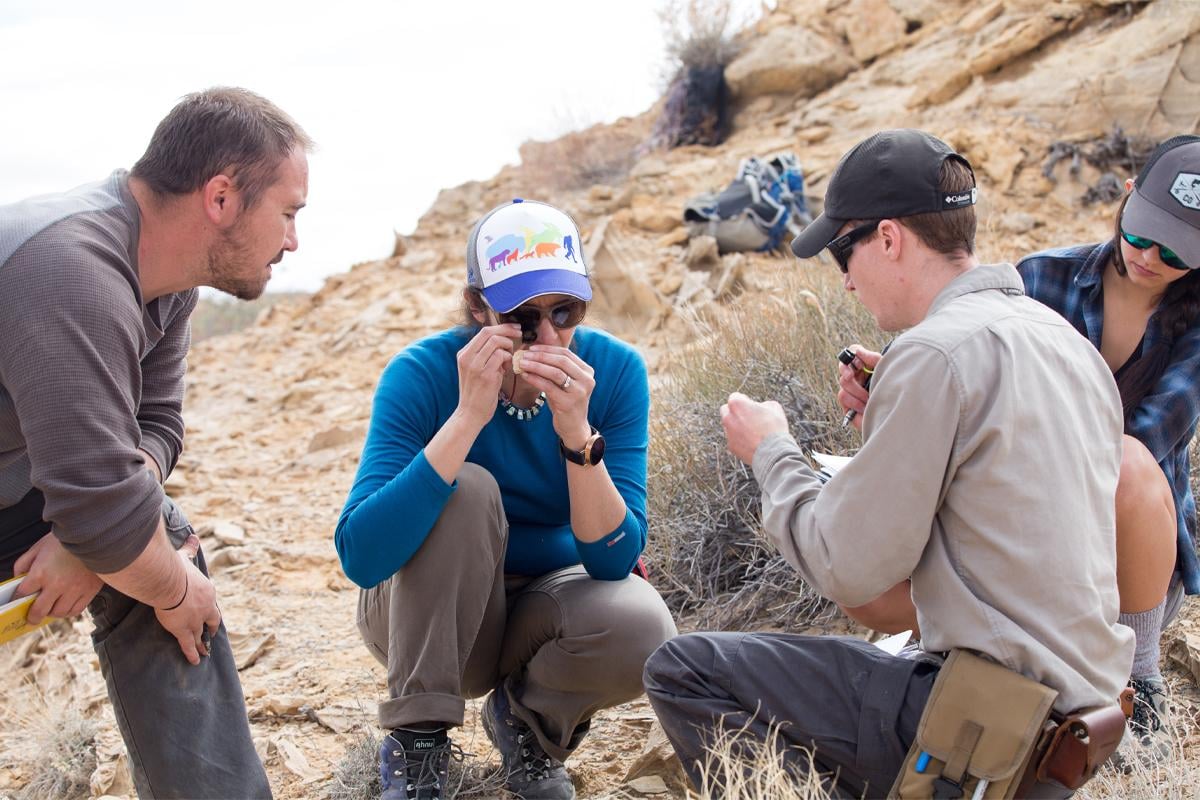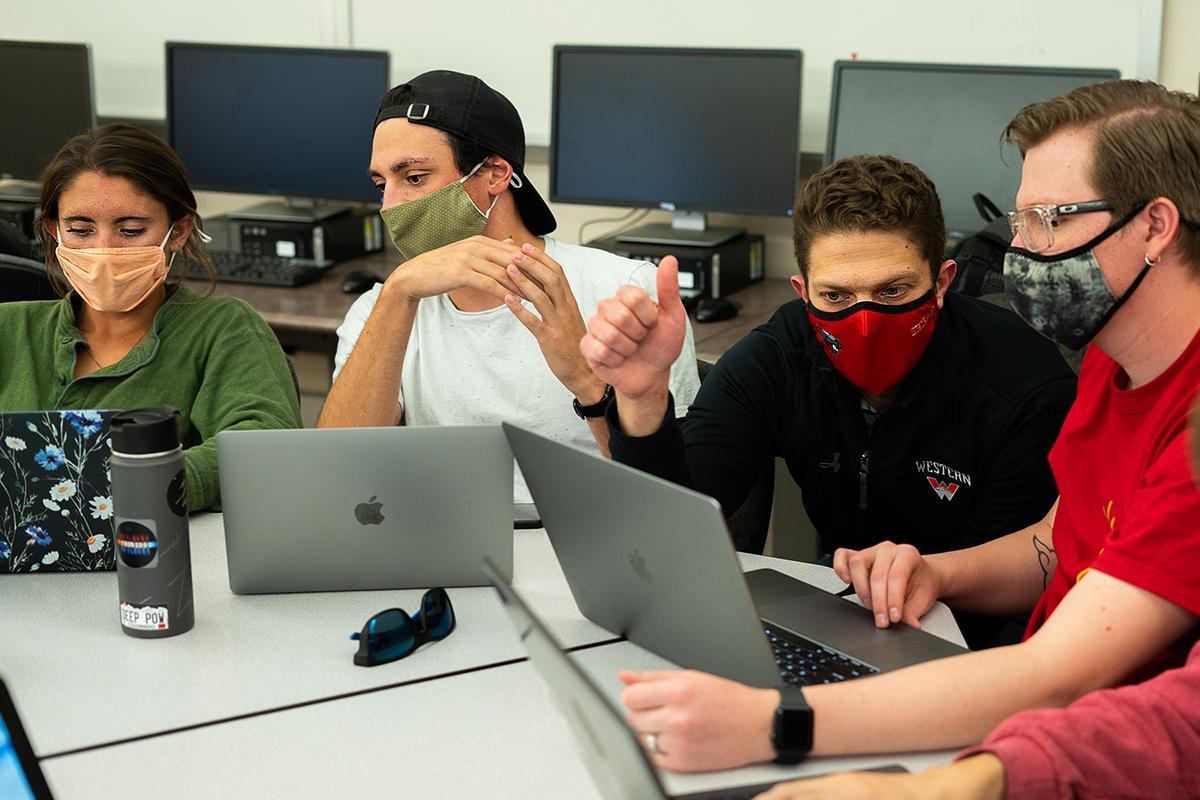Accelerated path to expertise in ecology.
This accelerated program enables students to earn both a Bachelor of Science and a Master of Science in Ecology faster. This integrated curriculum offers a robust foundation in biological sciences, emphasizing practical applications in ecology and conservation. Students engage in diverse coursework, including studies in evolution, wildlife ecology, conservation biology, and aquatic ecosystems, complemented by hands-on experiences through fieldwork and laboratory research. Graduates are well-prepared for leadership roles in environmental policy, conservation, and sustainable resource management.
The Gunnison Valley offers a wide-range of research opportunities in Aquatic Ecology, Fisheries Biology, Forest and Fire Ecology, Invasive Species Ecology and more. Whether you want to explore the migratory behaviors of an endangered species or advise policymakers on environmental issues, Western provides the rigorous coursework, laboratory research and extensive fieldwork to prepare you for a career in ecology.
